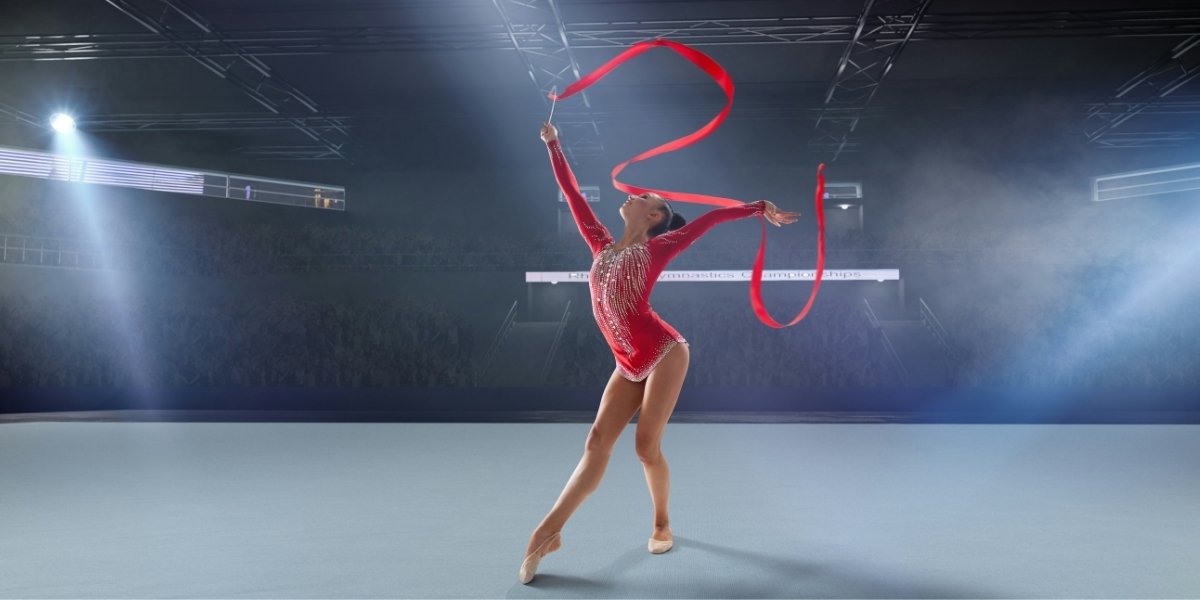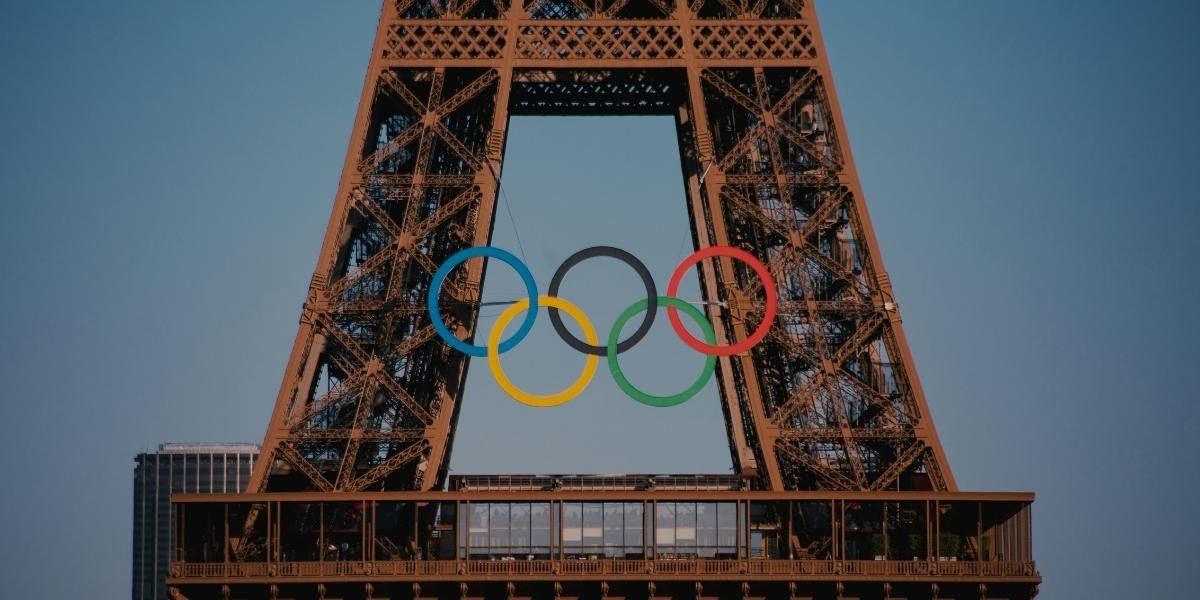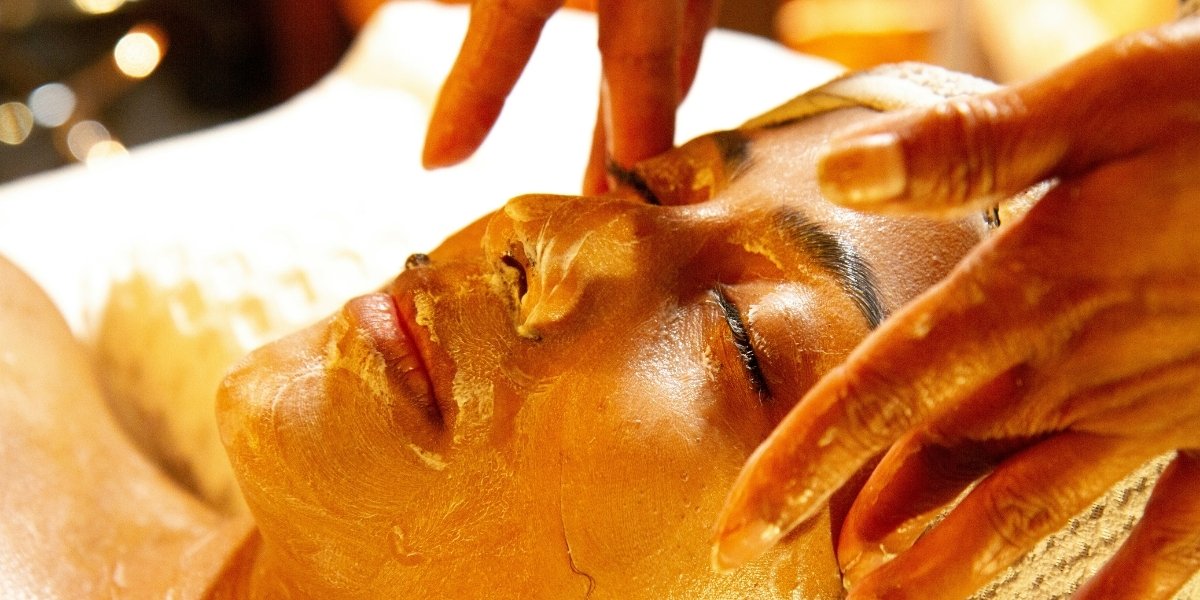Ready for Gold? Assessing Your Mental, Emotional & Physical Olympic Prep
The aspiration to achieve Olympic gold is a dream that fuels countless athletes worldwide, demanding an almost superhuman level of dedication and sacrifice. Beyond the grueling physical training, true readiness for the world’s most prestigious sporting event hinges on a holistic and continuous assessment of an athlete’s entire being. It’s not enough to be physically capable; an athlete must also be robustly prepared mentally and emotionally. The journey to the podium requires an unyielding self-awareness, allowing athletes and their teams to pinpoint strengths, identify areas for improvement, and fine-tune every aspect of their Olympic prep.
Read Also: Sports Law and Its Role in Modern Athletics
This comprehensive evaluation involves constant introspection, rigorous data analysis, and expert guidance. It is a process of checking in with the inner game as much as the outer performance. Understanding precisely where one stands across the dimensions of mental, emotional, and physical Olympic prep empowers athletes to make the critical adjustments needed to perform at their absolute peak when the stakes are highest. It transforms mere participation into the pursuit of excellence, pushing the boundaries of human potential under immense global scrutiny.
How do athletes assess their mental readiness for high-stakes competition?
Assessing mental readiness for the intensity of high-stakes competition is a cornerstone, extending far beyond simple confidence. Athletes meticulously evaluate their ability to focus, manage pressure, and maintain composure when the stakes are highest. This often involves tracking their responses during simulated high-pressure scenarios in training, observing how they handle unexpected disruptions or perform when fatigued. A key indicator of mental readiness is an athlete’s consistent ability to enter and sustain a state of deep concentration, often described as being “in the zone,” where external distractions fade and only the task at hand remains.
Another critical aspect of mental assessment is evaluating an athlete’s self-belief and their ability to bounce back from errors or challenges. Do they maintain a positive self-talk even after a missed shot or a faltering routine? Are they able to quickly re-focus and execute the next action without dwelling on past mistakes? This resilience in the face of imperfection indicates a strong mental foundation. Athletes, often with the guidance of sports psychologists, use journaling, performance logs, and structured interviews to gain insight into their thought patterns, identifying any negative or limiting beliefs that could hinder performance under pressure.

Mental readiness is also gauged by an athlete’s clarity of purpose and their ability to visualize success. Are their goals clear and compelling? Can they vividly imagine themselves performing flawlessly and achieving their objectives? This consistent, positive visualization indicates a mind that is primed for success, demonstrating that the mental pathways for optimal performance have been thoroughly rehearsed. A strong mental game means an athlete is not just prepared for the physical challenge, but also for the psychological battle that often defines Olympic-level competition.
What indicators signal strong emotional preparedness for the Olympic stage?
Strong emotional preparedness for the Olympic stage is vital for converting potential into performance, and athletes continuously assess various indicators of this crucial state during their preparation. One key sign is an athlete’s ability to effectively regulate their emotions. This means they can acknowledge feelings like anxiety, excitement, or frustration without being overwhelmed by them, channeling that energy constructively rather than letting it derail their focus. Observing how they manage emotional swings during intense training periods or mock competitions provides valuable insight into their self-control.
Resilience in the face of setbacks is another powerful indicator of emotional readiness. The Olympic journey is rarely smooth, often punctuated by injuries, disappointing performances, or unexpected challenges. An emotionally prepared athlete is one who can process these adversities, learn from them, and quickly regain their emotional equilibrium without spiraling into demotivation or despair. Their capacity to adapt, seek solutions, and maintain an optimistic outlook, even when facing significant obstacles, speaks volumes about their emotional strength and determination.
A healthy emotional state is often reflected in an athlete’s ability to maintain strong personal and professional relationships. A well-developed support system, including coaches, teammates, family, and friends, provides a crucial emotional buffer against the intense pressures of elite sport. Athletes who can openly communicate their feelings, seek support when needed, and maintain a sense of balance between their athletic pursuits and personal life tend to be more emotionally robust. Their genuine emotional connections outside the immediate competitive sphere provide a necessary grounding that sustains them through the exhilarating highs and challenging lows of Olympic prep.
How is physical readiness evaluated for peak Olympic performance?
Physical readiness for peak Olympic performance is evaluated through a rigorous, multi-faceted approach, forming the bedrock of any successful Olympian. This assessment involves continuous monitoring of key physiological metrics, including strength, power, endurance, speed, and agility, all tailored to the specific demands of their sport. Athletes undergo regular testing, from maximum lift measurements and sprint times to lactate threshold assessments and specialized biomechanical analyses, to ensure they are on track to reach their optimal physical condition precisely when needed.
Beyond raw performance metrics, the evaluation of physical readiness critically includes monitoring an athlete’s injury status and overall bodily health. This involves constant communication with medical teams, proactive injury prevention exercises, and careful tracking of any aches, pains, or unusual fatigue. Ensuring full recovery from previous training loads and minimizing the risk of new injuries is paramount, as even a minor physical setback can derail years of preparation. The ability to push boundaries without breaking down is a hallmark of truly optimized physical ability.
Physical readiness is also assessed by observing an athlete’s technical mastery and efficiency of movement within their sport. Coaches analyze technique through video, advanced motion capture, and direct observation, looking for minute adjustments that can shave off fractions of seconds or add crucial precision. The goal is to refine movements to be as efficient and powerful as possible, reducing wasted energy and minimizing strain. This meticulous attention to physical detail, combined with robust conditioning, ensures the athlete’s body is a finely tuned instrument, ready to perform flawlessly under the ultimate competitive pressure.
What role does the support team play in this comprehensive assessment?
The support team plays an indispensable and deeply integrated role in the comprehensive assessment of an athlete’s Olympic prep, offering a multi-disciplinary perspective that no single individual could achieve alone. Coaches are at the forefront, constantly observing performance in training, analyzing technique, and providing immediate feedback. They assess progress against training plans, identify areas of stagnation or rapid improvement, and make critical adjustments to physical regimens based on direct observation and their deep understanding of the athlete’s sport.
Beyond the coaches, specialized professionals provide crucial insights into specific dimensions of readiness. Sports psychologists conduct regular sessions to assess mental fortitude, monitor emotional well-being, and equip athletes with coping strategies for pressure and setbacks. Nutritionists evaluate dietary intake, hydration levels, and supplement needs, ensuring the body is optimally fueled for training and recovery. Medical staff, including doctors and physical therapists, continuously monitor physical health, manage any injuries, and assess recovery protocols, ensuring the athlete remains physically robust and minimizes injury risk.

This collaborative approach ensures that the assessment of Olympic prep is holistic and data-driven. The insights from each specialist are integrated, allowing the entire team to see the full picture of an athlete’s readiness—how physical fatigue might impact mental focus, or how emotional stress might affect recovery. This interdisciplinary dialogue leads to informed decisions, allowing for precise adjustments to training loads, mental strategies, and recovery plans, ultimately optimizing the athlete’s chances of peak performance. The collective wisdom of the support team transforms individual efforts into a unified, powerful push toward Olympic gold.
How do athletes fine-tune their holistic preparation in the final stages of Olympic Prep?
In the final, critical stages, athletes engage in meticulous fine-tuning of their holistic preparation, making precise adjustments to ensure they peak at the exact right moment. This period often involves a carefully managed “taper,” where training volume and intensity are gradually reduced. The assessment during this phase focuses on monitoring how the body responds to reduced stress, ensuring optimal physical recovery, muscle repair, and energy replenishment, allowing the athlete to arrive at competition feeling fresh, powerful, and ready to unleash their full potential.
Mentally, this final phase is about reinforcing confidence and sharpening focus. Athletes and their sports psychologists engage in intensive visualization, mentally rehearsing every aspect of their upcoming performance, from walking into the stadium to executing specific moves and celebrating success. Any lingering doubts or anxieties are addressed proactively, with techniques to transform nervous energy into focused excitement. The assessment here is less about learning new skills and more about confirming a stable, positive mindset that is entirely geared towards competitive execution.
Read Also: Unleash BMX Culture: From Urban Grit to Global Stages
Emotionally, the final stretch of Olympic prep involves managing the heightened pressure and excitement of impending competition. Athletes might work on specific breathing exercises or mindfulness techniques to remain calm and centered amidst the Olympic fervor. The support team closely monitors emotional state, ensuring that the athlete feels supported, understood, and confident in their preparation. This meticulous final assessment across all three dimensions—physical freshness, mental sharpness, and emotional poise—is paramount to ensuring the athlete arrives “ready for gold,” not just physically capable, but holistically prepared for the moment of a lifetime.








